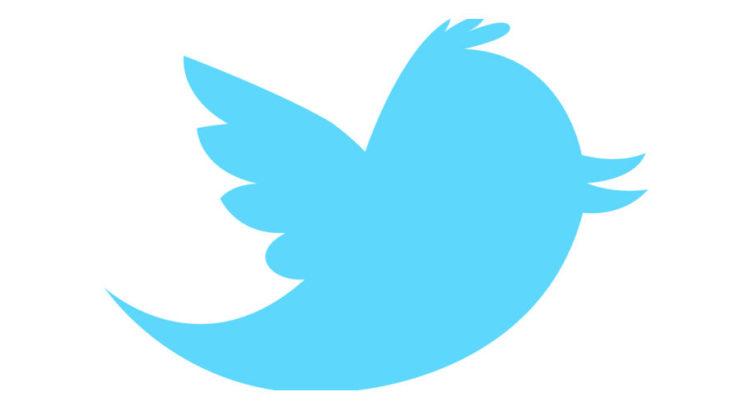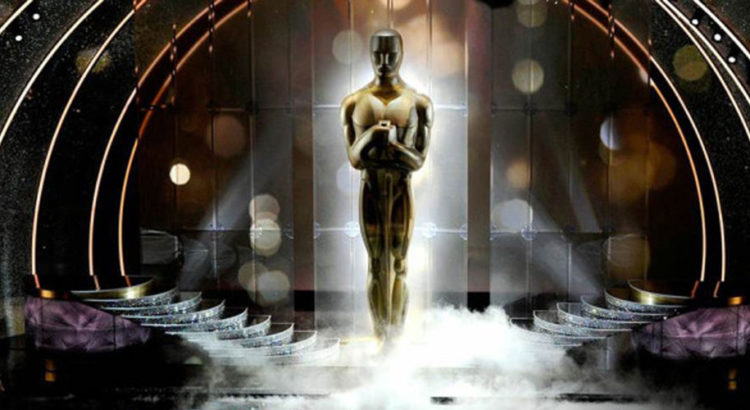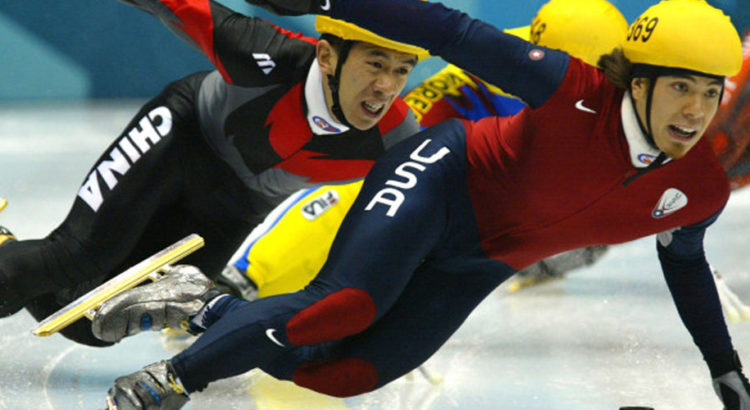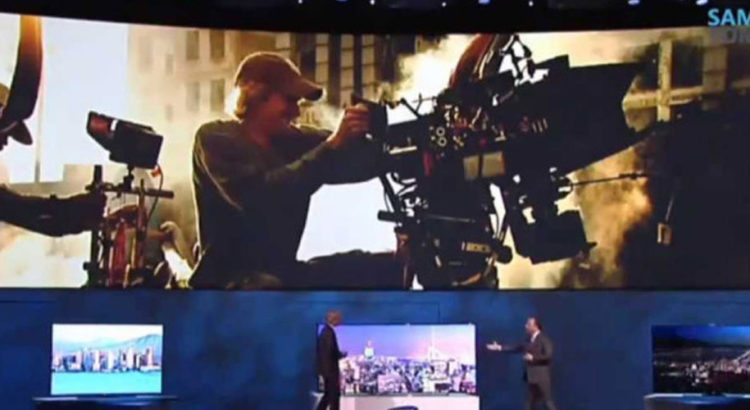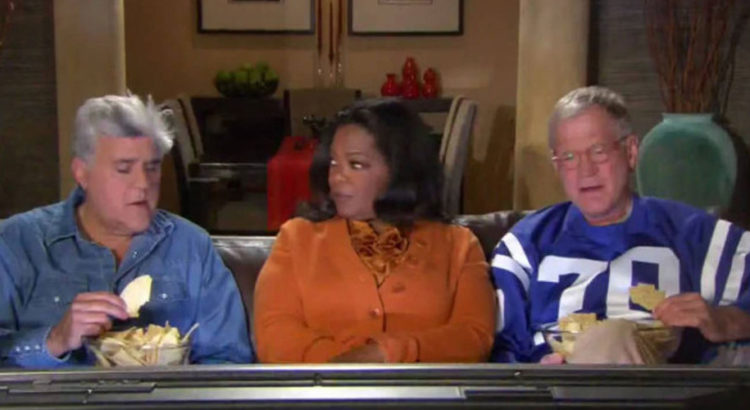Thomas Jefferson famously wrote, “Never use two words when one will do.”
Dr. Seuss, Steve Jobs, Albert Einstein, and Bill Gates all had an underlying focus on simplicity in their work. Simple ideas by definition are easier to understand and are therefore more likely to be successful. Most presenters focus on shoving as much information possible in their PowerPoint presentations, but the fact of the matter is, the less you say, the more your audience will understand. That doesn’t mean cut parts out; it means simplify every part as much as possible. This process should be utilized for both the written text within the deck, and the words that you are saying. The best way to get started with simplification is to learn to avoid certain “fluff” words.
Aim to make your writing and presenting more powerful, so here are 10 words you should start avoiding:
1. Got
Using “got” wastes valuable opportunities to use specificity and effectively describe your work process. Got is a highschooler’s word that serves no purpose in a professional PowerPoint presentation.
2. Just
The word “just” is a useless filler word (unless being used in the context of something being just or unjust) that elongates your writing for no reason and wastes times. Wasting time is the same as saying decreasing focus and interest from the audience.
3. Really
Using the word “really” is very common and almost seemingly natural within verbal conversations. It’s a type of verbal emphasis that doesn’t translate well into text. Despite its popularity in conversation, it’s unnecessary, and should, therefore, be cut
4. Then
“I talked to the customer then she yelled at me then I realized what I needed to change then I told my team.” You see how annoying and wasteful the word “then” can be? Cut it!
5. Maybe
The last characteristic you want to give off to your audience is uncertainty. When you use words like “maybe” and “perhaps,” uncertainty is exactly what you’re communicating. If you lack confidence in any aspect of your service or product, why should I be confident in it?
6. Um
When someone uses “um,” he or she either immediately shows three things: uncertainty, lack of confidence, and lack of professionalism. “Um” is worse than filler words because it not only shows that you are wasting time, but it shows you’re nervous. Cut it!
7. Literally
Regardless if something is true in a literal sense, you still don’t have to add the word “literally.” Only in an attempt to explain you aren’t joking when it seems you are, is it beneficial to use this word.
8. Amazing
This word is used to describe so many levels of quality that it is now virtually useless. Use more specific words to describe the great quality of whatever you’re talking about.
9. Things
Much like “stuff” “things” is vague and useless.
10. Stuff
“Stuff” is casual, vague, and consequently a waste of time. Description and specificity are powerful when used tacitly.
All in all, I’m trying to help you cut the fillers, get rid of the “fluff”, and make your writing and presenting stronger. The best way to achieve that goal is to start with a tangible next step. That step should be to avoid these 10 words at any cost.



